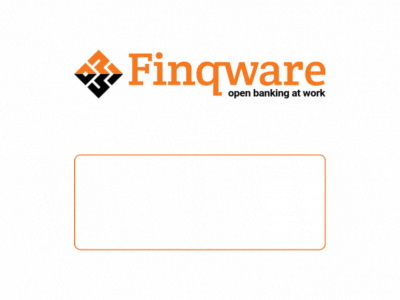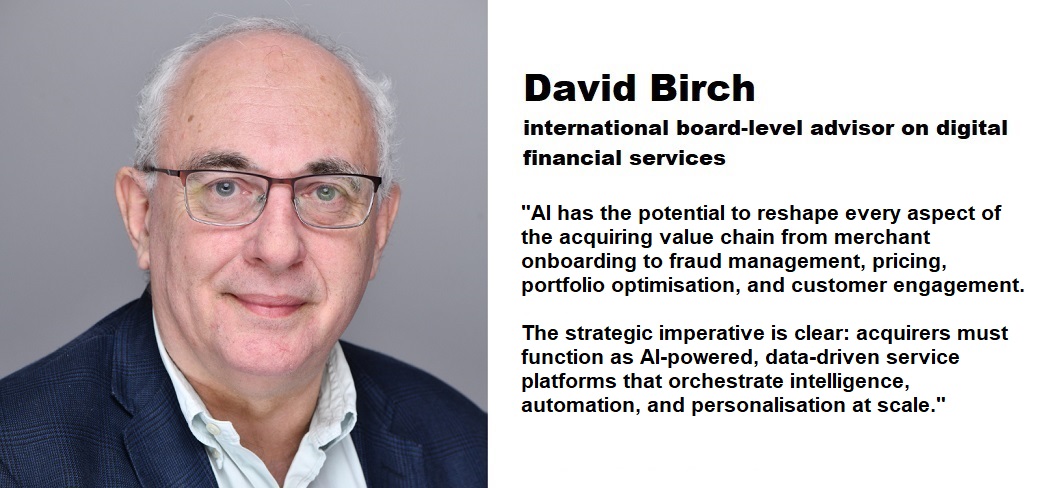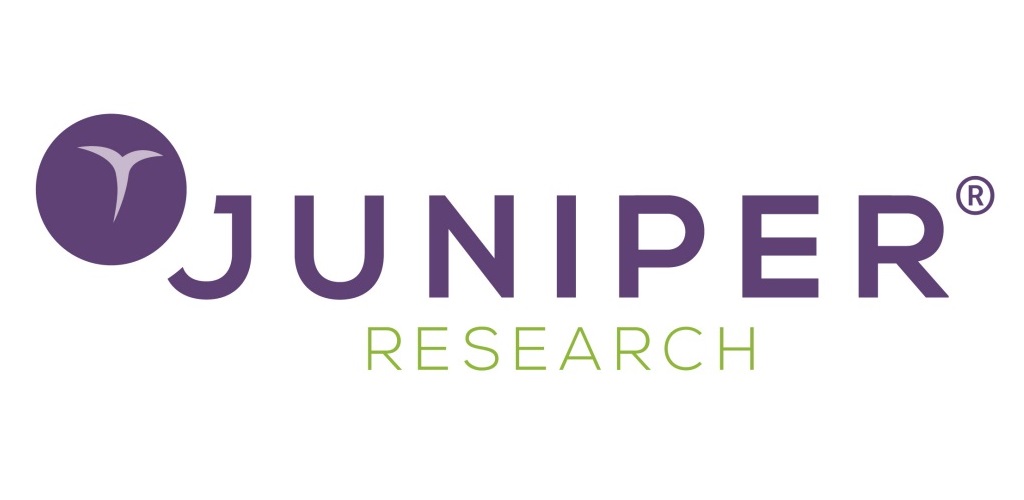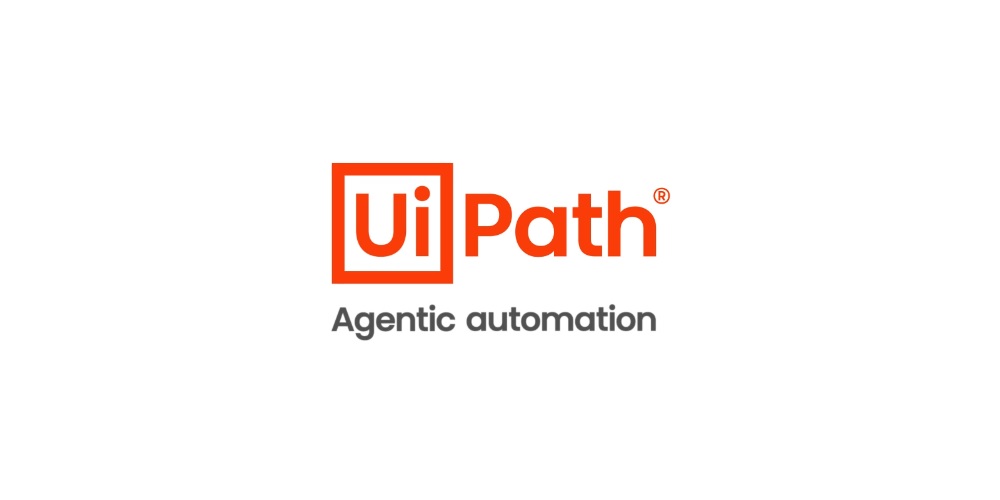KPMG global study: although financial institutions believe AI, blockchain and IoT will sustantially redefine financial services only 22% have a fintech strategy
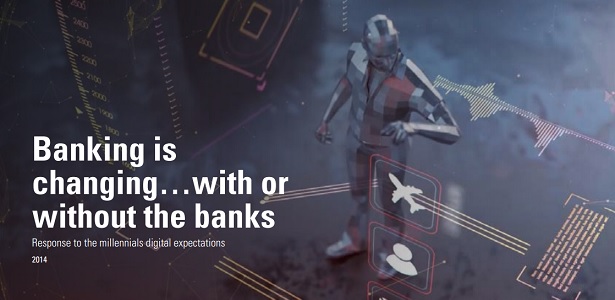
A recent global survey conducted by KPMG shows that financial institutions perceive fintech as being the main source of disruption in the sectors in which they are active (as seen by 57% of respondents, compared to 51% for regulatory changes and 46% who see new business models as the main disruptor). According to the survey, banks, insurers and asset management companies believe technologies, such as artificial intelligence, blockchain and the Internet of things, will substantially redefine financial services. However, only a small proportion (22%) have a fintech strategy which is well aligned with the challenges posed by the fast innovation in this area.
Nevertheless, most respondents believe that partnering with fintech start-ups is necessary, 61% of respondents indicating that their institutions have taken a partnering approach to fintech, while 81% plan to partner going forward. However, half of the respondents plan to develop fintech solutions in-house, which shows that fintech innovation is not exclusively for start-ups.
“Many Romanian financial institutions have included technological innovation in their strategic agenda and are looking towards the fintech sector in their search for emerging solutions and technologies. Some of them have already announced partnerships with fintech companies, or have organized departments or teams devoted to promoting innovation”, notes Cezar Furtună, Partner Financial Services, Head of Audit and Assurance, KPMG in Romania.
For financial institutions which have a fintech strategy in place, the KPMG survey indicates that enhancing customer service and transforming front office capabilities are top objectives of their strategy.
“This trend can also be observed in our market, where several financial institutions are adopting emerging tehnologies and digital platforms to interact with clients. As the sector matures, all the attention is expected to be switched to innovative solutions for improving the efficiency of mid and back office internal processes, including RegTech solutions responding to the increased regulatory requirements”, says Angela Manolache, Advisory Partner at KPMG in Romania.
While financial institutions are facing difficulties in drafting consistent and comprehensive fintech strategies, global fintech innovation continues to make an impact. Thus, the top Fintech100 2017, recently published by H2 Ventures in cooperation with KPMG Fintech, comprises fintech companies from 29 countries, in comparison with 22 countries in 2016. Innovative companies (”disruptors”) have a dominant position, 73 out of 100 companies promoting solutions that revolutionize the traditional models of the financial services sector, while the remaining 27 companies (”enablers”) are working jointly with financial institutions to help them improve their products and services.
The top 10 positions, which prioritize companies based on criteria such as the total and growth rate of funds raised, geographical and sectorial diversity and the innovation level of the proposed solutions, are occupied by companies mainly from China and US and by only 2 companies from Europe: Kreditech (Germany) and Atom Bank (UK). Currently, no Romanian company is present in the top Fintech100. Credit and payment based solutions have a dominant position in the league table. However Fintech innovation results in a wide range of solutions, such as insurtech, digital banking and big data.
“KPMG in Romania invests in fintech solutions and emerging technologies, as demonstrated by the solutions outlined at the robotics conference organized in October, including a RegTech solution based on RPA (Robotic Process Automation) technology, which allows fast synthesizing of new legislative developments. This solution allows us to save the valuable time of lawyers, because some of their routine working hours can be replaced by the work of a robot which takes only a few minutes. Thus, lawyers can focus on activities such as interpretation and analysis of the impact of regulatory changes, which bring added value to our clients”, notes Laura Toncescu, Managing Partner at TMO Attorneys at law in association with KPMG Legal.
Fintechs are also under the scrutiny of European Regulators. In the payments sector, the Second Payment Services Directive (PSD 2) which should be implemented from January 2018, extends regulatory coverage to additional market players, i.e. Payment Initiation Service Providers and Account Information Service Providers, while requiring banks to give new providers of payment services access to clients’ accounts. Fintechs that intend to provide these new payment services will have to be authorised or registered with the appropriate local authorities and comply with various rules established under PSD 2 (consumer protection, security measures and more).
“PSD 2 is overall a positive response to the challenges of fintech in the area of payments. It makes a significant change in the operating model of banks and opens banks’ gates to other innovative payments services providers. The intention is to encourage fintechs to put on the market improved payments products and services for consumers and to place more control in the hands of customers,” says Sebastian Olteanu, Managing Partner in TMO Attorneys at law in association with KPMG Legal.
Fintechs should also consider other legal and regulatory issues such as consumer protection, data privacy, authorization requirements, and IP issues. These should also be taken into account if fintechs are entering partnerships with existing financial institutions, i.e. if their solutions/ products comply with the legal and regulatory framework applicable to these financial institutions.
The results of the KPMG global survey on the fintech sector are detailed in the report Forging the future: how financial institutions are embracing fintech to evolve and grow,
Dariusz Mazurkiewicz – CEO at BLIK Polish Payment Standard
Banking 4.0 – „how was the experience for you”
„To be honest I think that Sinaia, your conference, is much better then Davos.”
Many more interesting quotes in the video below:
